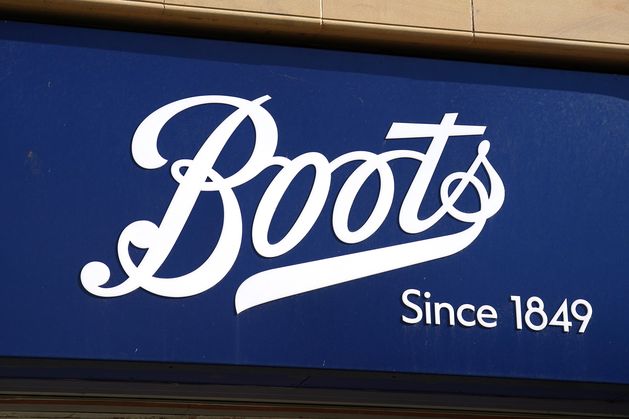New accounts filed by Boots Retail (Ireland) Ltd show that the business increased profits as revenues climbed by 11pc from €475.36m to a record €529.6m in the 12 months to the end of last August.
The pre-tax profits of €36.56m follow pre-tax profits of €29.54m in 2022.
The company opened two new outlets during the year bringing the store network to 94. During the year it paid out a dividend of €48.2m after paying out zero dividends in 2022.
The directors state that retail revenues made up 87.5pc of the total with pharmacy making up the rest. They say comparable retail revenues increased by 10.6pc “as a result of growth in a number of categories, in particular the beauty category”.
Comparable pharmacy revenues increased by 7pc “mainly due to strong volume growth, in particular in relation to Government schemes”.
The report states that operating profits increased by 13.6pc to €38.5m primarily from stronger sales across retail and pharmacy, partially offset by a rise in distribution costs.
The firm recorded a post-tax profit of €29.9m after incurring a corporation tax charge of €6.6m
Numbers employed decreased from 1,646 to 1,630, though staff costs increased from €68.73m to €72.29m. The profits take account of non-cash depreciation costs of €26.1m.
The profits also take account of €442,000 in re-organisation costs which are one-off costs associated with the changes in the company’s central support operating models.
Remuneration paid to directors last year dipped marginally, from €1.12m to €1.04m, and the highest paid director received €547,000 made up of €349,000 in pay, €166,000 under long-term incentive schemes and €32,000 in pension contributions.
The post-tax profits offset by the dividend pay-out resulted in shareholder funds declining from €151.24m to €132.92m, which included accumulated profits of €29.9m.
Cash funds increased from €4.4m to €5.3m. On the risks facing the business, the directors state that “the impact of the current global cost pressures and supply-chain disruptions has resulted in high inflation rates in the Republic of Ireland and globally”.
These, along with the ongoing conflict between Russia and Ukraine, “have contributed to a cost-of-living crisis within the Republic of Ireland” which could affect various stakeholders as well as the business. They say the impact of Brexit has stabilised.

